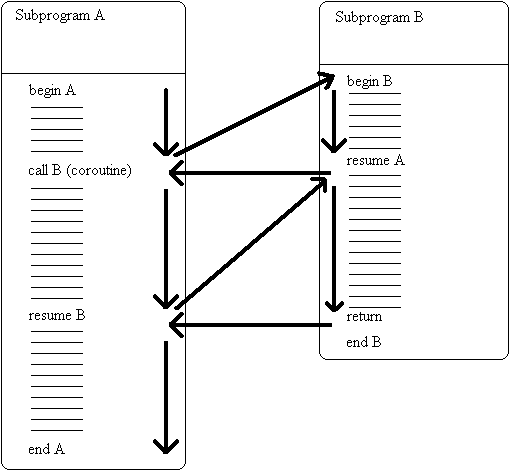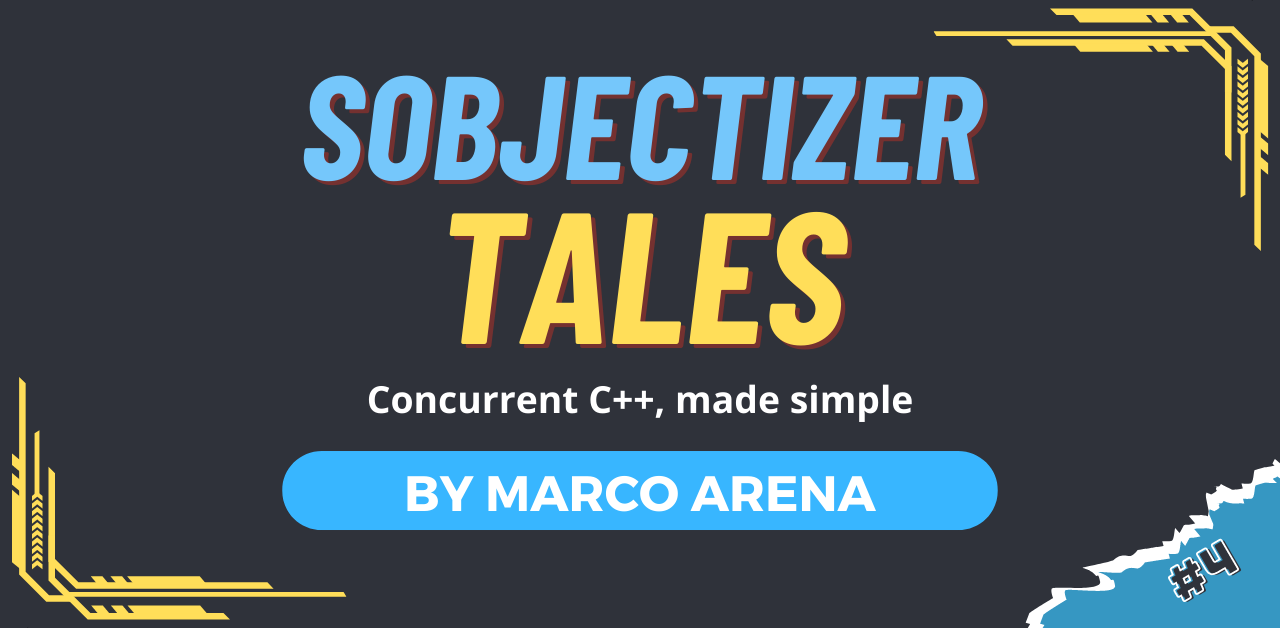SObjectizer Tales – 5. Sending commands--Marco Arena
 A new episode of the series about SObjectizer and message passing:
A new episode of the series about SObjectizer and message passing:
SObjectizer Tales – 5. Sending commands
by Marco Arena
From the article:
In this upcoming post, we will explore various instances of generating commands from different segments within the program.

 The time has come, fellow devs. We are on our way to uncover the newest concept of C++ language – Coroutines.
The time has come, fellow devs. We are on our way to uncover the newest concept of C++ language – Coroutines. In this article, we delve into the equivalent helper functions for C# and JavaScript, which are simpler due to the inherent behavior of references in these languages, eliminating the need for explicit shared pointer conversions.
In this article, we delve into the equivalent helper functions for C# and JavaScript, which are simpler due to the inherent behavior of references in these languages, eliminating the need for explicit shared pointer conversions.  A code design pattern I’ve used a lot in recent times is the “optional-based polymorphism” that looks like a delegation to another type that might not be available. It might be an implementation of the FCoI-principle (Favour Composition over Inheritance).
A code design pattern I’ve used a lot in recent times is the “optional-based polymorphism” that looks like a delegation to another type that might not be available. It might be an implementation of the FCoI-principle (Favour Composition over Inheritance). A new episode of the series about SObjectizer and message passing:
A new episode of the series about SObjectizer and message passing: